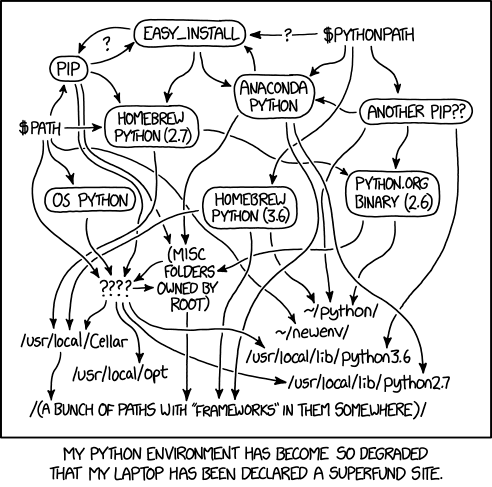This looks like a bug in git-annex. It's probably trying to call https://linux.die.net/man/3/getpwent and failing because you don't have a real local Unix user on that cluster. It shouldn't matter but git-annex makes a lot of assumptions. Do you think it would be possible to try datalad for comparison? Try, say,
datalad install https://github.com/CONP-PCNO/conp-dataset.gitI would be surprised if one worked and the other didn't.

@kousu should we also add doc for maintainer of this repos? e.g., i was trying to clone this repos on compute canada (to start doing some processing), and ran into:
Originally posted by @jcohenadad in https://github.com/spine-generic/data-multi-subject/pull/4#issuecomment-674176954